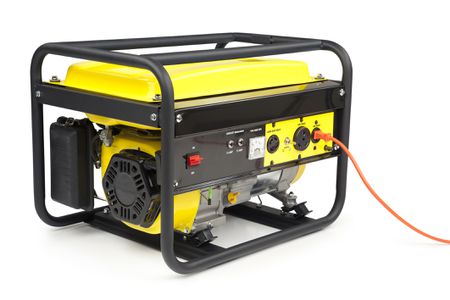Saturday, December 22, 2018 ~ JUAN de FUCA.
by West Shore Voice News
“So much has gone on over the past few days,” says Juan de Fuca Emergency Program Coordinator Jeri Grant, as the west side of Vancouver Island deals with the aftermath of the windstorm that hit most coastal areas starting Thursday December 20.
JdF Emergency Program organizers are reminding people now that the power is restored, to replenish fuel for their generators.
Here are some tips for safe use of portable generators:
- Always store your portable generator in a dry, clean area that is easy to get to. When the lights go out, you don’t want to trip over things to get the power going.
- Set the generator outside or vent the exhaust outside to prevent carbon monoxide from entering the home.
- Attach a ground wire to the generator to assure proper grounding. Without proper grounding, the ungrounded system may use you for the ground rod and you could be electrocuted.
- Use fresh gasoline when possible. If the generator is likely to sit long periods of time before being run again, use a gasoline stabilizer.
- Start your generator at least once a month and let it run for a few minutes. If yours has a battery, trickle charge the battery from time to time to ensure it is ready to go.
- Check cords that are to be plugged into the generator for frays and exposed wires.
- Use a transfer switch to connect the generator to your home’s electrical panel.
A few things to *not* do:
- Don’t run the generator in an attached garage. It will still allow fumes to penetrate the home. Keep it away from the home’s windows and doors also.
- Don’t use frayed or defective extension cords.
- Don’t run the generator in rain or snow. Keep it in a shed, under an overhang, or a portable shelter if possible.
- don’t add gasoline to a generator that is running. Always shut off the generator and let it cool down before refilling it.



